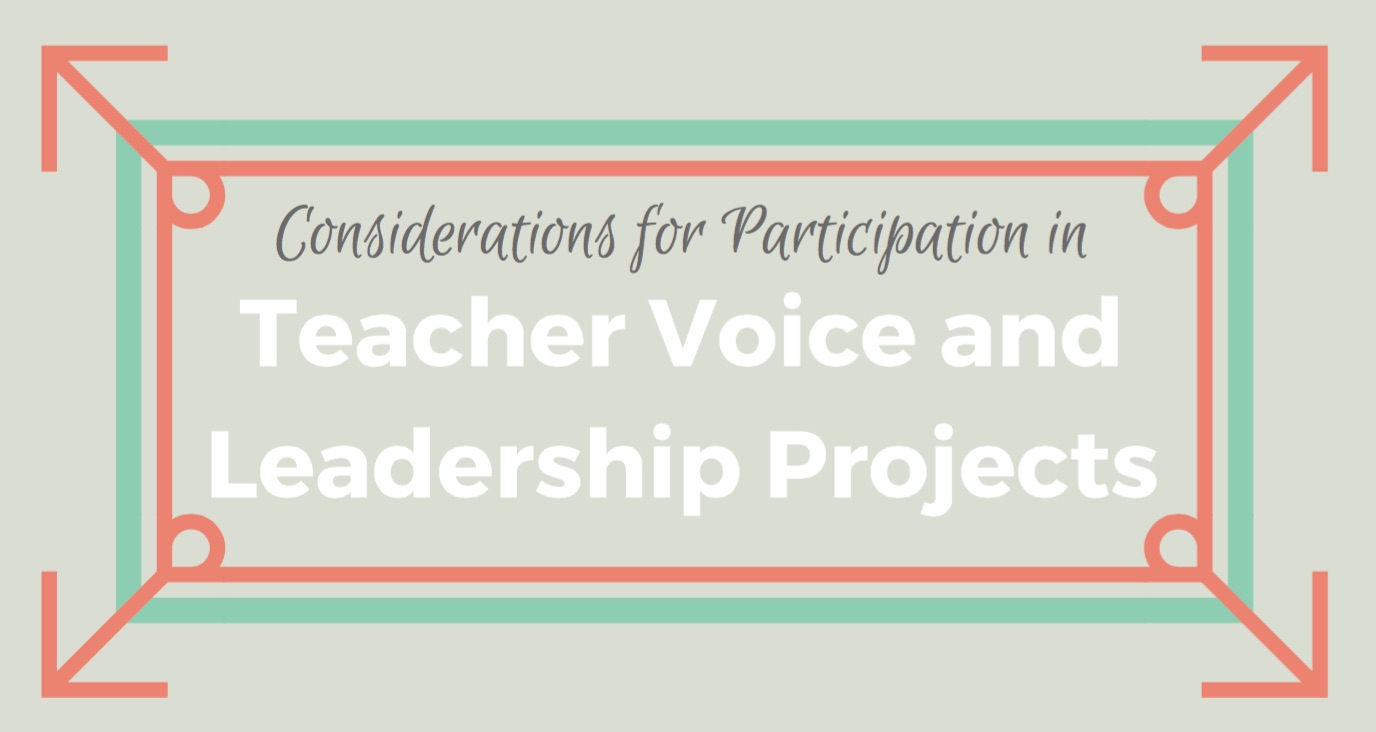Teachers Offer Guidelines for Authentic "Teacher Voice" Projects

By Amanda Koonlaba.
A recent Education Week Teacher article titled, “Education is Political. Can Teachers Afford Not to Be?” examined the interesting dynamic between teachers and politics. Regardless of any controversy surrounding Edweek or Ross Brenneman (author), two quotes from this particular article resonate deeply across the ideals behind the Emerging From the Invisible Cage: Safeguarding Authentic Teacher Voicepanel at the 2015 Network for Public Education’s National Convention that was held in Chicago in April.
Mr. Takano, who has over 20 years of teaching experience and has long been politically active, stated in the article that “Most teachers want to teach because they have an ingrained sense of mission.” He also pointed out that “Teachers have to be aware enough to know their interests and [what helps] their profession.”
The panel was organized after a group of teachers were asked to write a report on 360 Accountability for the National Education Association by working with VIVA Voices. (Anthony Cody first posted about thishere. Be sure to read this entire series of posts by Cody here. Diane Ravitch re-posted here and here. Also, here is a post about it on Curmudgucation.)
Each of these teachers expressed that they signed up to participate in the experience because they thought it would give them a chance to make a very positive, large-scale difference for their students. In other words, their sense of mission, as Mr. Takano mentioned, caused a desire to have their voices heard in the national debate on accountability. In addition, each teacher expressed that what they experienced was not necessarily what they expected. Although at least one of the teachers recounts an overall positive experience, several had very intense negative ones.
Before the conference, the original group of teachers who had written the document for NEA worked together to develop a draft set of guidelines to help teachers make informed decisions about lending their voices to large scale projects such as 360 Accountability. The team also identified the need for teachers to be “aware enough to know their interests and what helps the profession” when they consider engaging.
I participated in the project, wrote a blog post for Cody’s series, and presented on the panel with three of the other teachers. We began our presentation in Chicago by sharing a quick recap of the events that led up to the presentation. We also explained our reasons for both attending the conference and presenting on the panel.
We asked the presentation attendees to break into small groups and take a look at our draft guidelines, which was rather lengthy and still included our brainstorms. The groups had lively discussions and made Teachers Offer Guidelines for Authentic "Teacher Voice" Projects - Living in Dialogue:
